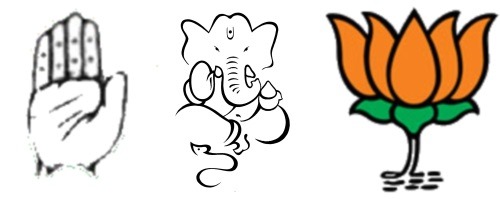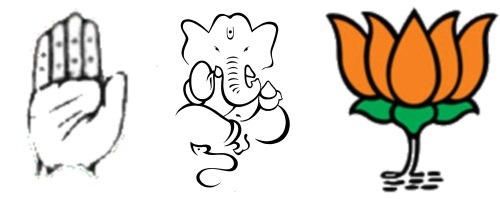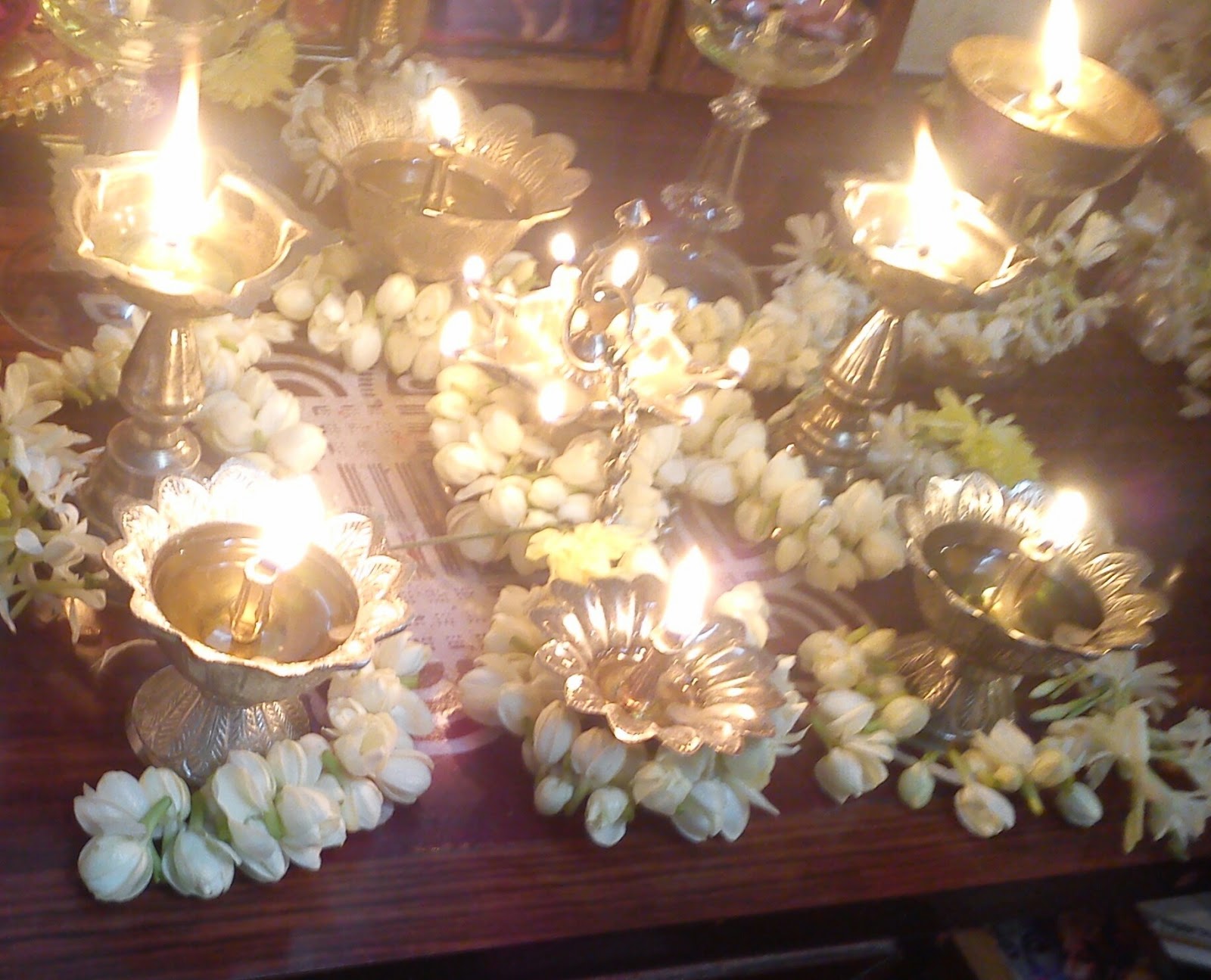As a developing country, we often take a look at how are some of the infrastructure problems handled by the developed nations. In fact in most of these cases, we end up emulating them … the western culture, the accents, the products … we are more than happy to borrow from our western brothers … since they are more developed.
Or so, that is what they would have us believe.
Imagine a governance system wherein you could simply go to a website, fill out the relevant form and be done with it … instead of going to the local municipal center, finding the relevant department, waiting in line, trying to fill the form and get the proper official’s blessing so that the problem could be addressed. Seems futuristic and too good to be true, eh?
Well, I was lucky to have participated in one such e-governance implementation drive back in 2002. This was for Navi Mumbai Municipal Corporation (NMMC), and we were somehow involved in the implementation of this system. So yes, these things are in India as well. But according to this article in the Inquirer, the UK has already been using this system.
So what’s the catch?
The system which the UK government has so meticulously built supports on IE6 and Windows XP!
Alright, lets take a minute for that to sink in.
- Microsoft does not support Windows XP anymore
- Ergo, Microsoft does not support IE6 anymore as well
- IE6 used to come bundled with Windows XP
- These days you get IE8 or IE9 … in fact we should be starting to see IE10 any time soon
That means in the real world … in the developed countries, IE6 is dead. Yes, we have asked for it and celebrated its death as well.
A platform created for the people in the UK which can only currently be used by the people of China (at least according to the map in the above link). I wonder, if they have a mobility middleware in place so that the site renders on mobiles.







